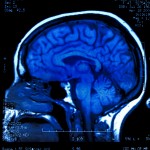
Research suggests that the risk of developing psychiatric problems (such as autism spectrum disorder, intellectual disability or schizophrenia) may be linked to increased paternal age at the time of conception. This seems quite plausible given that advancing age in men is associated with increased genetic mutations in sperm. However, studies so far have generally not [read the full story…]













